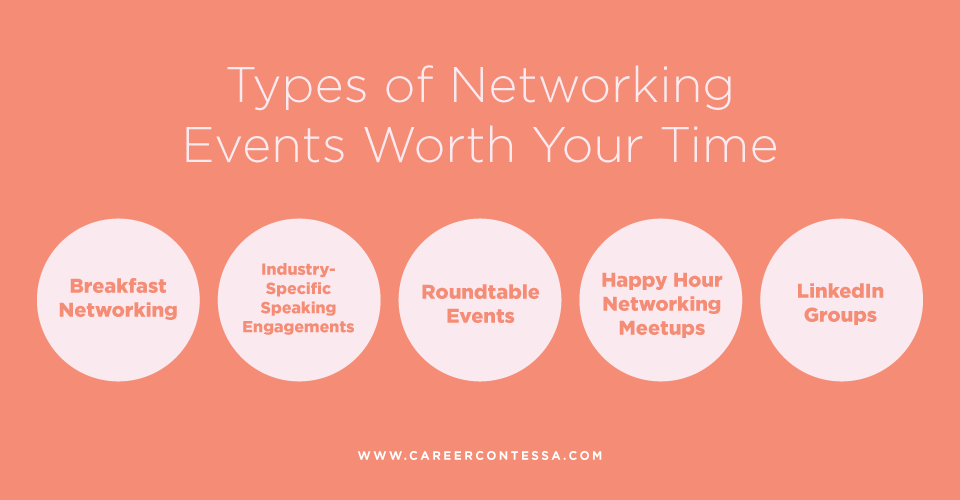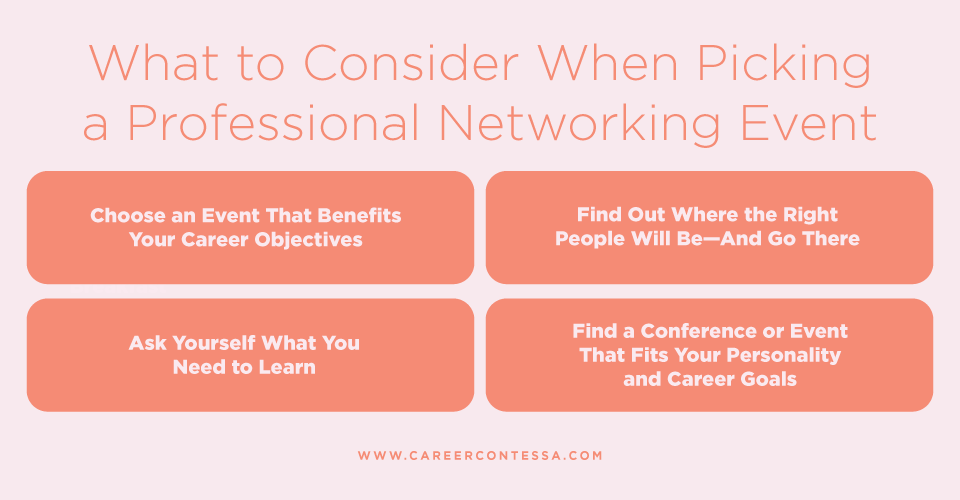#CareerAdvice : #JobNetworking – Do these 4 Things to Make a Positive Impression at a #NetworkingEvent ….The Best Networker Views #Networking as an Unavoidable Part of Professional Life.
No one is born a natural networker. But when you think about someone you’ve met networking who impressed you, I’d challenge you to consider what you talked about.
The best networkers view connecting as part and parcel to life: not just something they do when they need a job or a favor. To up your game as a networker, you may need to change your game entirely.
Here are some traits the most interesting people at a networking event always have in common. Taking them on is the perfect blueprint to becoming a better networker yourself:
1. THEY DON’T START A CONVERSATION WITH, “WHAT DO YOU DO?”
Along with “Have a nice day” and “How can I help you?”, “What do you do?” is one of those autopilot conversational phrases that make real connection much less possible. The most interesting networkers understand that meet and greets are a storyteller’s sandbox. When asked about her job, a regular networker would say, “I work in advertising.” Meanwhile, a storyteller might say, “I convince people to buy things they don’t really need,” or “I create content that makes you forget you wanted to get up for ice cream.” Big social events are made up of multiple introductions back to back. Someone who injects surprise is someone who adds a dash of conversational salt to a meat-and-potato evening. Be that person.
Related: This is how to conquer even the most hardcore networking anxiety
Like this Article ? Share It ! You now can easily enjoy/follow/share Today our Award Winning Articles/Blogs with Now Over 2.5 Million Growing Participates Worldwide in our various Social Media formats below:
FSC LinkedIn Network: www.linkedin.com/in/fscnetwork
Facebook: http://www.facebook.com/pages/First-Sun-Consulting-LLC-Outplacement-Services/213542315355343?sk=wall
Google+: https://plus.google.com/115673713231115398101/posts?hl=en
Twitter: Follow us @ firstsunllc
Question: Want the ‘the best/current articles/blogs on the web’ on Job Search, Resume, Advancing/Changing your Career, or simply Managing People?
Answer: Simply go to our FSC Career Blog below & type(#career, #leadership, #life) in Blog Search: https://www.firstsun.com/fsc-career-blog/
What Skill Sets do You have to be ‘Sharpened’ ?
Continue of article:
2. THEY’RE GIVERS, NOT TAKERS
There’s nothing more boring than someone who comes to a networking event with a, “How can you help me?” mind-set. These networkers are amateurs because they’re transactional rather than relational. The most interesting networkers approach social interactions with a gamification mentality. Instead of getting a rush when they make a connection for themselves, they get a burst of endorphins when they make a match for someone else. In conversation, they’re constantly connecting dots and connecting people— always conscious of how to join like-minded individuals. True connectors go beyond industry and are rarely motivated by imminent need. Instead, they look to introduce people because they see the potential for great conversation, joint ideation, or parallel curiosities. And it goes without saying that because they connect others to intriguing individuals rather than those seeking jobs, they create a virtuous cycle. People send stimulating connections in return.
3. THEY FEED THE BEAST
Life’s most interesting people are the ones who are genuinely curious about the world. Life is busy, but whether it’s a podcast squeezed in during a walk to a meeting or a book sitting on the nightstand, interesting people intentionally feed their minds so they have things to add to a conversation. Regardless of whether you’re in the same industry or similar roles, these are people you’ll remember, because they inject insights into small talk.
Related: Four ways to prevent networking burnout
4. THEY LISTEN MORE THAN THEY TALK
Networking events are the ultimate training ground for learning to stay in the moment. Surrounded by a room full of people talking and laughing, these events bring out the FOMO in all of us. It’s common to see networkers scanning the room over a wine glass rim as they nod vaguely at the person in front of them—completely missing potential links because they’re only half listening. If the most interesting conversations are the ones that dip below the surface, the most interesting people are the ones who make others feel worthy of their full attention.
Staying completely present while listening to someone else talk is surprisingly difficult, but it gets easier with practice. Sharpen your chops by practicing on someone you know. When you get home, ask a roommate or partner about their day, and focus completely as they answer.
HOW TO KEEP THE CONNECTION GOING
New relationships have a very short shelf life, so don’t forget to follow up within a week of your initial meeting. A request to connect on LinkedIn makes for an easy way to remain in contact, but it won’t do much for building a lasting relationship.
Instead, think about what you talked about and what you remember. A funny story? A book recommendation? Whether it’s showing how you acted on a piece of sage advice, or sharing an article about a topic you bonded over, this is your chance to show you took this new connection to heart.
Do something intentional. Email them to share something that intrigues you. Introduce them to someone at the next event who might excite their curiosity. Reach out with a quote that reminds you of something they said. Voila! You just won the networking game . . . for now.
This article originally appeared on Fairygodboss and is reprinted with permission.
FastCompany.com | BY DANIELLE WOOD—FAIRYGODBOSS | 3 MINUTE READ | 9.5.18





